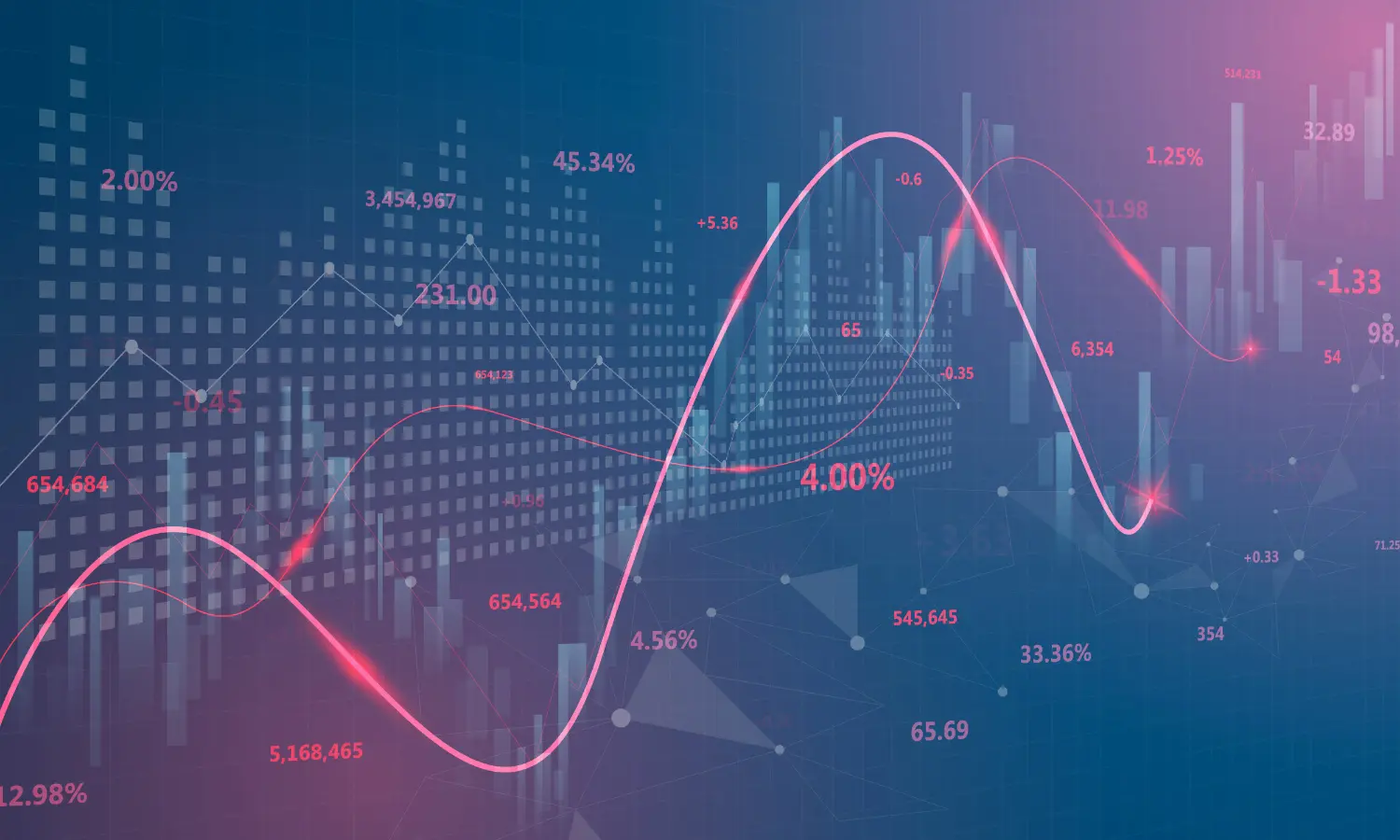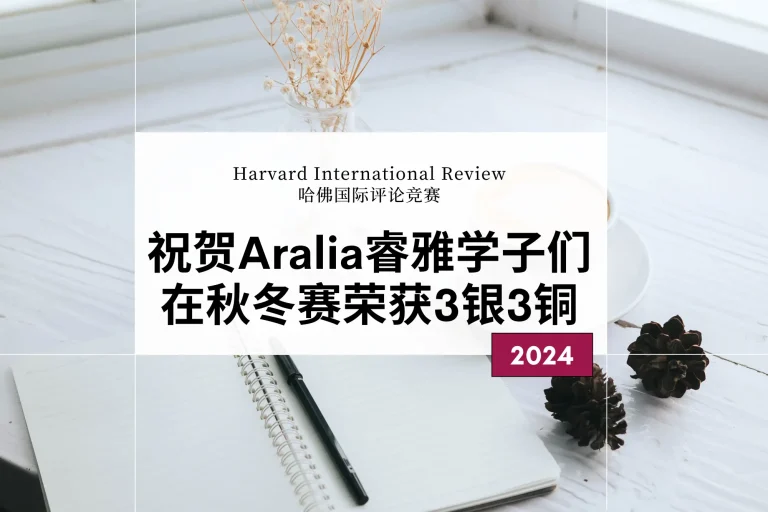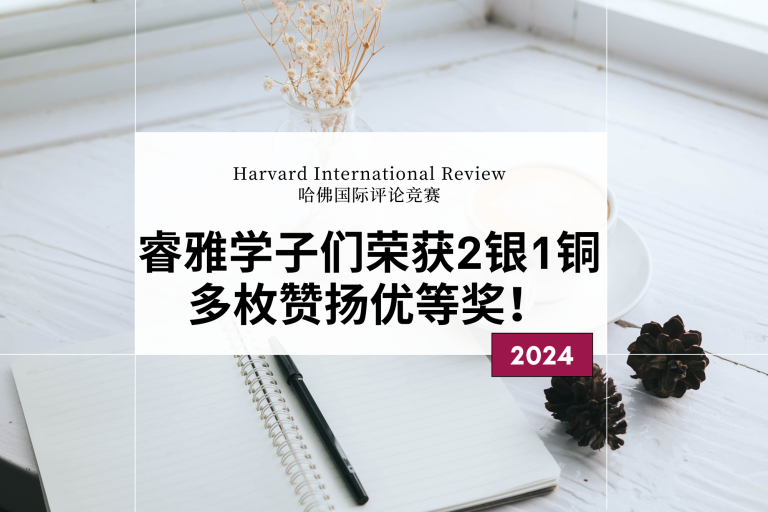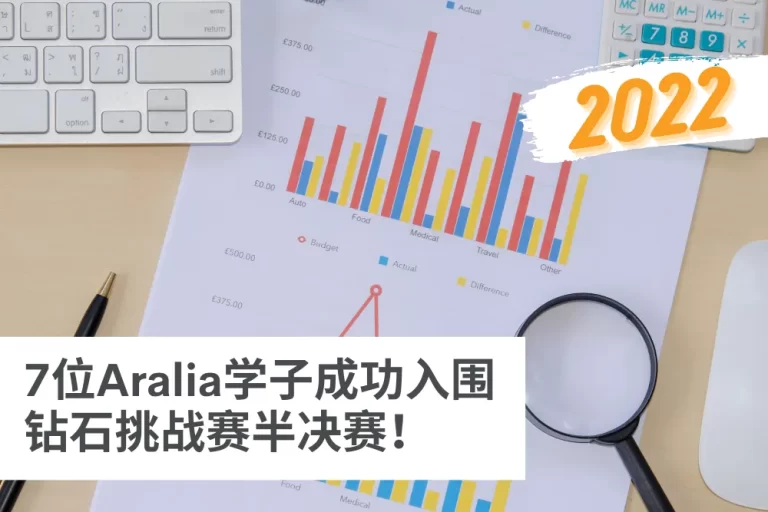HPEC 哈佛高中生经济学挑战
哈佛高中生经济学挑战,Harvard Pre-Collegiate Economics Challenge(HPEC),由哈佛大学经济学本科生协会(HUEA)主办,是一项面向热爱经济学的高中生的著名国际竞赛。该竞赛主要测试参赛者的 AP 微观经济学和宏观经济学知识,以及当前的经济问题、历史、研究和在教育与环境等领域的应用。
想要挑战这项比赛?

竞赛信息
全球高中学生均可参加
参赛资格
每队 125 美元
参赛费用
2025年4月6日
注册截止日期
2025年4月12日
比赛日期
📌 注意:睿雅学院并非本次竞赛的主办方。有关竞赛的官方规则、截止日期及最新信息,请直接查阅主办方发布的内容。睿雅学院仅提供竞赛资讯,供学生参考。 睿雅学院是一个面向全球学生的在线教育平台,提供各类竞赛准备课程。
竞赛细节
1. 比赛介绍
比赛包括个人赛和团队赛,旨在培养批判性思维和协作精神。它为 AP 经济学考试提供了宝贵的备考资料,让参赛者深入了解更广泛的经济学概念和现实世界的应用。学生和教练可以建立联系,与专家互动,拓展课堂之外对经济学的理解。
2. 团队规模
每队1-4名成员,每所学校最初仅限一支队伍(根据场地情况,可能会允许增加队伍)。
每支队伍必须有一名教练(老师或家长)陪同。
3. 报名及费用
注册费为每队 125 美元(不可退还)。美国参赛队必须通过 Zelle 付款,国际参赛队请联系 HUEA 了解付款方式。报名详情即将公布,由于名额有限,建议尽早报名。
4. 往年考试题目
- Advances in artificial intelligence (AI) have the potential to affect growth, inequality, productivity, innovation, and employment. OpenAI’s ChatGPT, in particular, has greatly increased public awareness about the significance of AI and its implications for the future. What impact will the development of AI have on economic inequality, the composition of the workforce, and economic output as a whole? How can nations prepare for the micro and macroeconomic changes brought about by AI? 人工智能(AI)的进步有可能影响经济增长、不平等、生产力、创新和就业。尤其是 OpenAI 的 ChatGPT,大大提高了公众对人工智能意义及其对未来影响的认识。人工智能的发展会对经济不平等、劳动力构成和整体经济产出产生什么影响?各国如何为人工智能带来的微观和宏观经济变化做好准备?
- Measuring national and global economic activity allows us to understand how economies change in size and structure—how they grow and contract. In addition to Gross Domestic Product (GDP), government budgets, and the money supply, alternatives like the Human Development Index (HDI) and Gross National Income (GNI) are used to assess economic progress. What are the advantages of our current economic indices, including GDP, HDI, GNI, government budgets, and the money supply, and in what areas are they lacking? Which of these indices do you find most helpful, and how can we enhance or combine them to improve our understanding of economic measurement? 通过衡量国家和全球经济活动,我们可以了解经济体在规模和结构上的变化–它们是如何增长和收缩的。除了国内生产总值(GDP)、政府预算和货币供应量之外,人类发展指数(HDI)和国民总收入(GNI)等其他指数也被用来评估经济进步。我们目前的经济指数,包括国内生产总值、人类发展指数、国民总收入、政府预算和货币供应量,有哪些优势?你认为这些指数中哪些最有帮助,我们如何才能加强或结合这些指数来提高我们对经济衡量的理解?
- Proponents of income redistribution support the idea that redistribution policies will increase economic stability and give more opportunities to the less wealthy. Others, however, are more skeptical and believe it could have negative consequences for economic growth. Current methods of redistribution include taxation, welfare, public services, and other monetary policies. What strategies for income redistribution should the U.S. adopt from other countries? What economic impacts could a wealth tax or super millionaire tax have? What type of redistribution is most effective and feasible? What would be the impacts of the U.S. enacting universal basic income? Discuss the implications of any of these issues and feel free to expand on other areas of economic redistribution. 收入再分配的支持者认为,再分配政策将提高经济稳定性,并为不太富裕的人提供更多机会。但也有人持怀疑态度,认为这可能对经济增长产生负面影响。目前的再分配方法包括税收、福利、公共服务和其他货币政策。美国应借鉴其他国家的哪些收入再分配策略?财富税或超级百万富翁税会对经济产生什么影响?哪种类型的再分配最有效、最可行?美国颁布全民基本收入会产生什么影响?讨论任何这些问题的影响,并自由扩展经济再分配的其他领域。
- As the United States weighs the impacts of China’s rise to global prominence, economics and national security have become increasingly intertwined. As a result, the United States government has imposed both tariffs and investment restrictions on China to limit the nation’s access to both US markets and intellectual property (specifically in sensitive industries such as semiconductors). What are the economic implications of these policies for United States firms, consumers, and workers? Discuss the most important perspectives of the US-China trade war and provide suggestions on how both countries can manage the prospect of a changing economic order. 在美国权衡中国崛起对全球的影响时,经济和国家安全日益交织在一起。因此,美国政府对中国实施了关税和投资限制,以限制中国进入美国市场和知识产权(特别是半导体等敏感行业)。这些政策对美国公司、消费者和工人有什么经济影响?讨论中美贸易战最重要的观点,并就两国如何应对经济秩序变化的前景提出建议。






